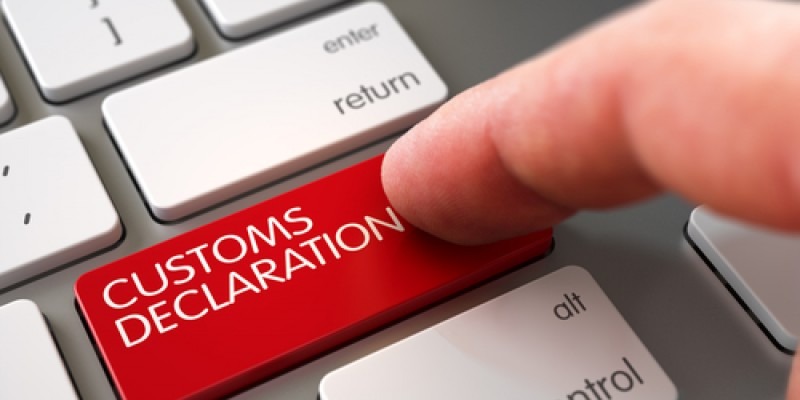
Each year, more than £12 trillion worth of goods are traded globally. Customs and regulations authorities need to know where the goods are coming from, or going to, to control the flow of goods and ensure the safety and security of the country while collecting the correct duty.
In the EU single market, goods can move freely between member states, but a declaration is required for goods entering or leaving the EU single market from all third countries.
From the end of the Brexit transition period on 1st January 2021, UK companies will need to complete customs declarations for goods entering or leaving the EU.
How do customs declarations affect exporters?
When businesses export goods, HMRC must be notified that the goods are leaving the country for statistical purposes. If goods are being imported, this is to calculate the import duty and VAT.
It is vital to understand who is responsible for deciding what should be declared. This includes choosing the right commodity code, identifying the best procedure to explain the movement of goods, or stating whether a licence is required or not.
If the incorrect documentation is presented, customs will hold your goods for further inspection, which could ultimately lead to extra costs and delays.
Business West is delivering the Chamber Customs service for South West companies which offers traders access to a HMRC compliant service that will ensure the process of exporting goods to the EU, or importing goods from the EU post-Brexit, runs smoothly. We understand the language of trade and will be with businesses every step of the way.
What will change post-Brexit?
The National Audit Office has predicted that Customs Declarations could more than triple from the current volume of 55m up to 255m. This affects an estimated 138,000 traders who have not yet had to complete this documentation as they have only traded within the EU.
HMRC is implementing a new Custom Declaration System (CDS) and moving away from the existing Customs and Excise computer system that has been in place since the mid-90s.
This will create additional data-entry requirements. To help traders deal with this extra burden, the cloud-based solution, Chamber Customs, will allow businesses to declare goods efficiently and securely, with the information being swiftly transmitted to agencies involved with the process at the port. This will also alleviate pressure for freight forwarders working alongside customers.
You can register your interest here for the new Chamber Customs service and we also have a range of essential training available to help you understand how to fill out documentation correctly.
While there is still a lack of clarity on the exact documentation and procedures businesses need to complete and follow post-Brexit, there are other ways businesses can prepare for the end of the transition period on January 1st. Follow this link to read about four priorities companies can take to get ready.
- Log in to post comments
Change is coming. Are you prepared?
From 1st January 2021, you will need to submit Customs Declarations when you trade with any country outside of the UK. ChamberCustoms delivers a Customs Declarations service for UK importers and exporters. Avoid delays. Avoid costly mistakes. Get prepared.